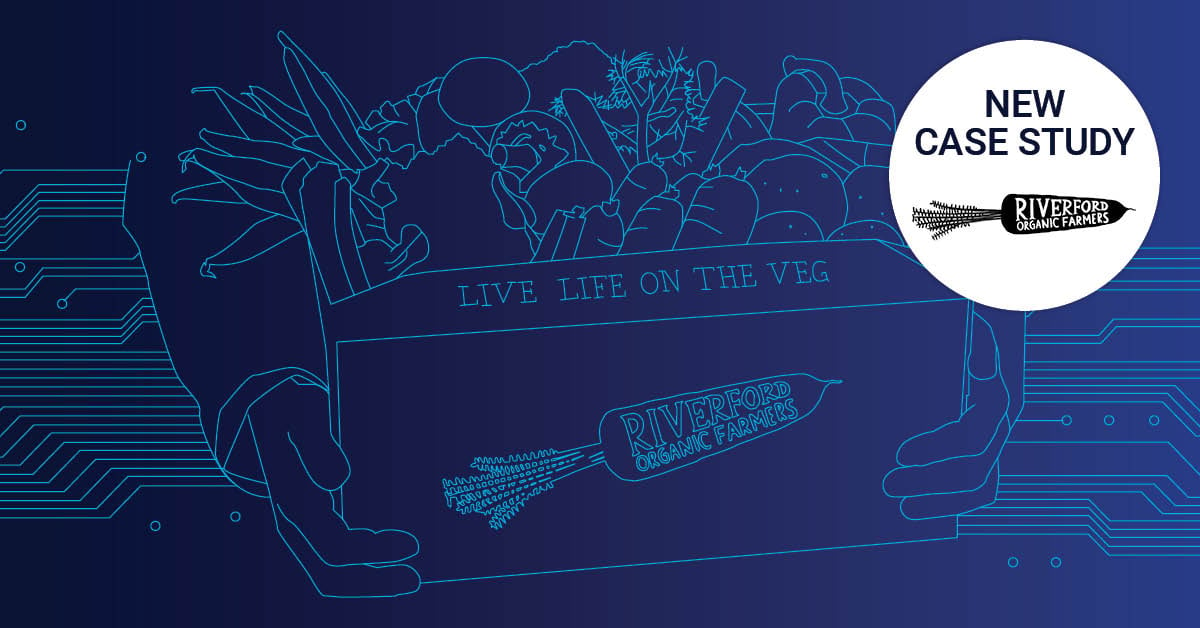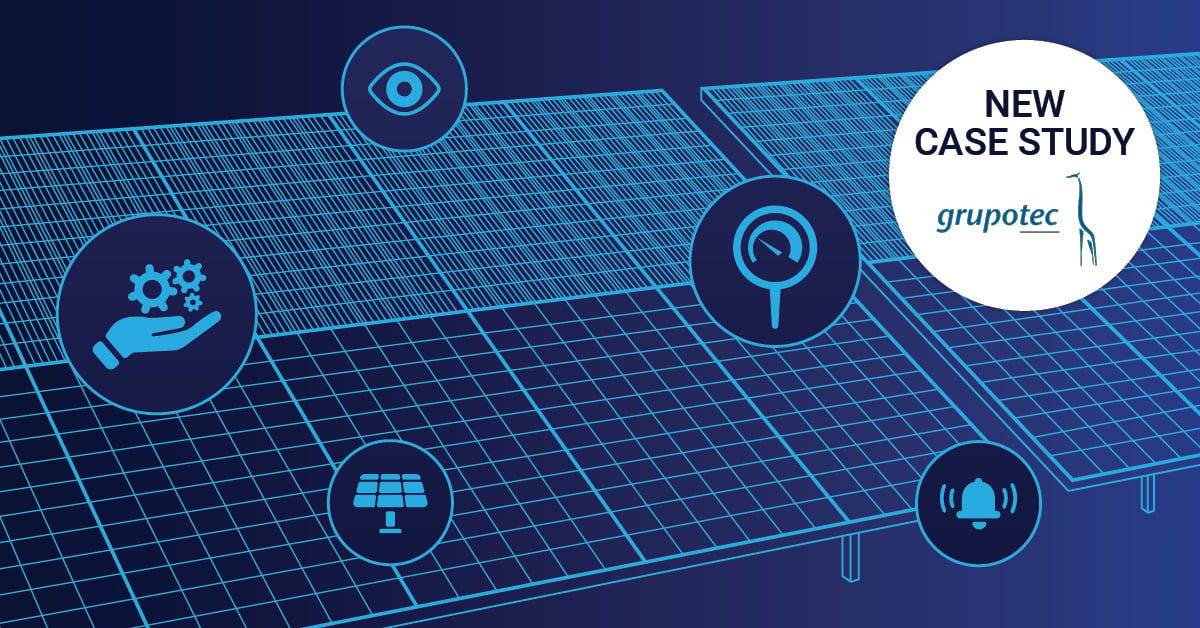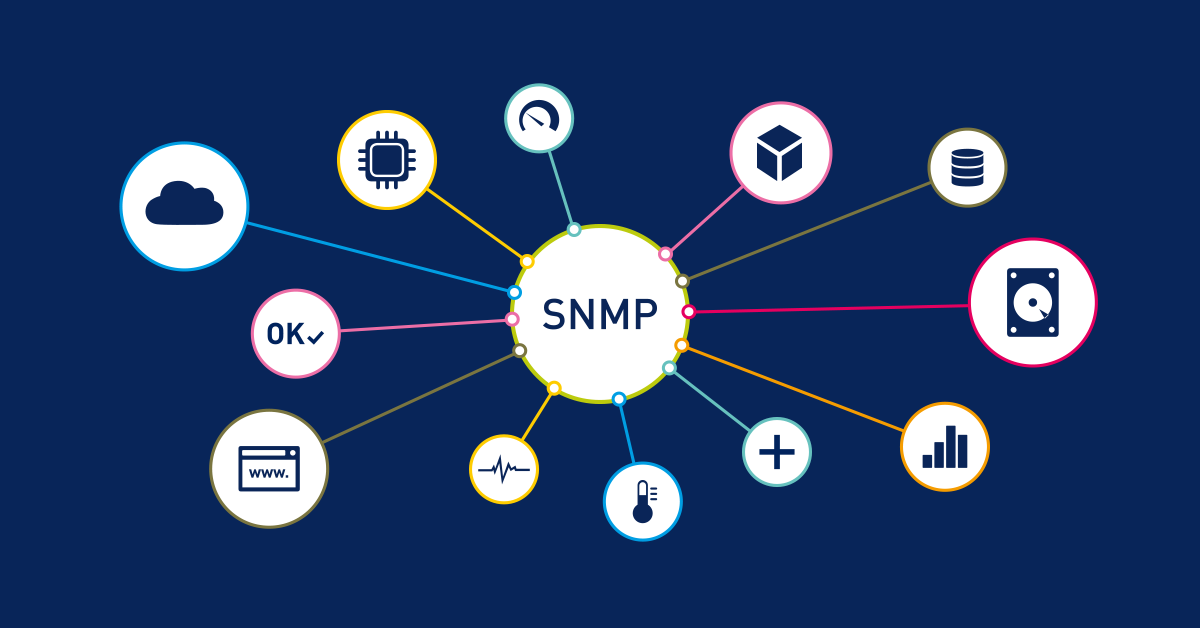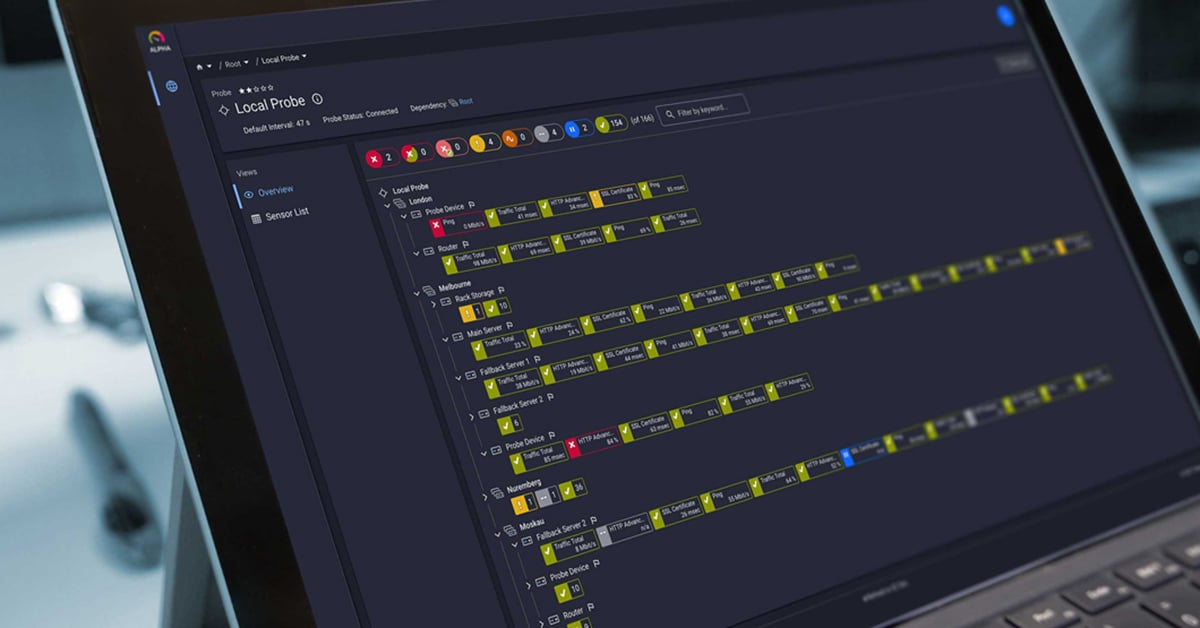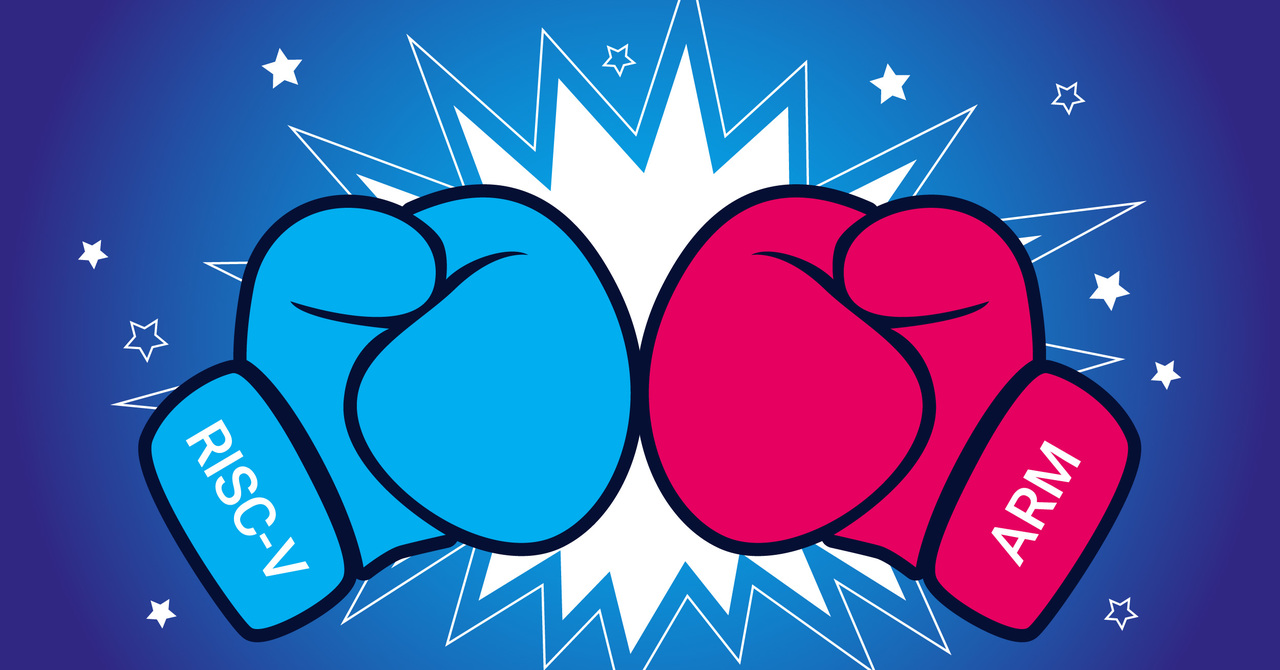According to a recent study, most large and small companies will opt for an IIoT platform in the next 5 years. This puts pressure on suppliers from the IT sector and heavyweights in industry to position themselves with a suitable solution. It is already feared that the topic of security might once again be forgotten in the IIoT context.
A Growing Market - up to Half a Trillion Dollars
As we reported in a previous article (with reference to a Gartner study), the IoT market is an extremely big deal (and that doesn't even take into account sub-areas such as IoT security). Different studies have given rise to different figures. Although the media's attention is mainly focused on networked household appliances, intelligent lamps and wearables, the majority of events take place in the corporate and industrial environment. The management consultancy Bain & Company forecasts that the market for IoT applications will grow to almost 500 billion dollars worldwide by 2020. With sales of over 300 billion dollars, the IoT business is expected to develop particularly strongly in the corporate environment. According to this study, Industry 4.0 alone accounts for more than 80 billion dollars. It is still relatively open which of the many IoT providers will benefit most from this rapid development. As the current study shows, most of the companies interested in the Internet of Things have not yet decided on a partner. And what factors play a role in this decision? The safety of IoT and IIoT devices? The compatibility of modern IT and classic industrial devices? An extensive monitoring?
iWhat is IIoT?
IIoT stands for the Industrial Internet of Things and refers to a network of connected devices in the industrial sector. It is a subset of the Internet of Things (IoT). The defining characteristic of connected devices on IIoT networks is that they transfer data without human-to-human or human-to-computer interaction. Connected devices communicate through gateways, which are physical servers that filter data, and transmit it to other devices and software applications. Read more
By 2025 Almost All Decisions Will Have Been Made
According to a survey of 500 industrial customers and more than 100 technology providers, more than 50 percent of interested parties are currently discussing their plans in this future field. According to the survey, more than half of the companies will have already started implementing IoT solutions by 2020 and almost all investment decisions will have been made by the mid-20s at the latest. Choosing the right IoT partner is not easy: not only the large US cloud and network providers, but also the largest software groups are vying for the favor of corporate customers. But especially for the companies mentioned in the study, the question arises whether the topic of security is sufficiently taken into account in context IIoT.
Many companies let their employees control and manage machines and sometimes entire industrial processes with the help of mobile apps. The apps promise efficiency advantages, but also bring new targets for cyber attacks. The two security researchers Alexander Bolshev of IOActive and Ivan Yushkevich of Embedi examined over 30 apps from providers such as Siemens and Schneider Electric last year. In total, they found nearly 150 vulnerabilities in the apps they randomly selected. Alarming individual cases such as these must serve as a warning to companies not to take the decision lightly about which IoT applications and which companies they trust. And they must be seen as an indication that comprehensive monitoring can also identify and control such risks.
What do you think of all this? Please leave us a comment!
 Published by
Published by 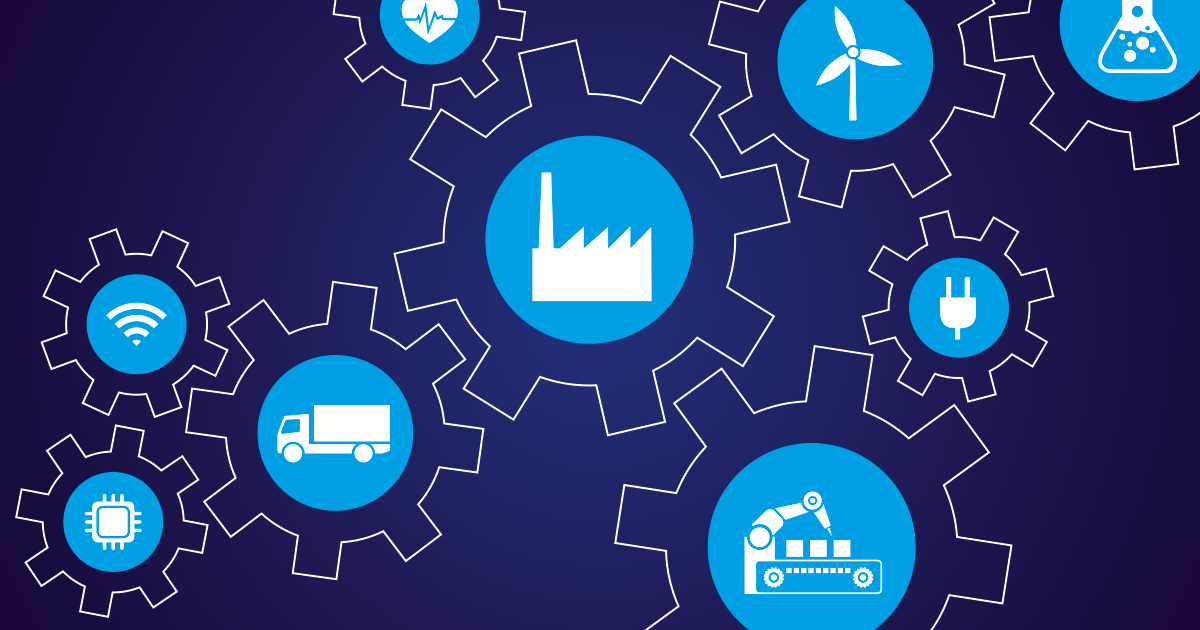


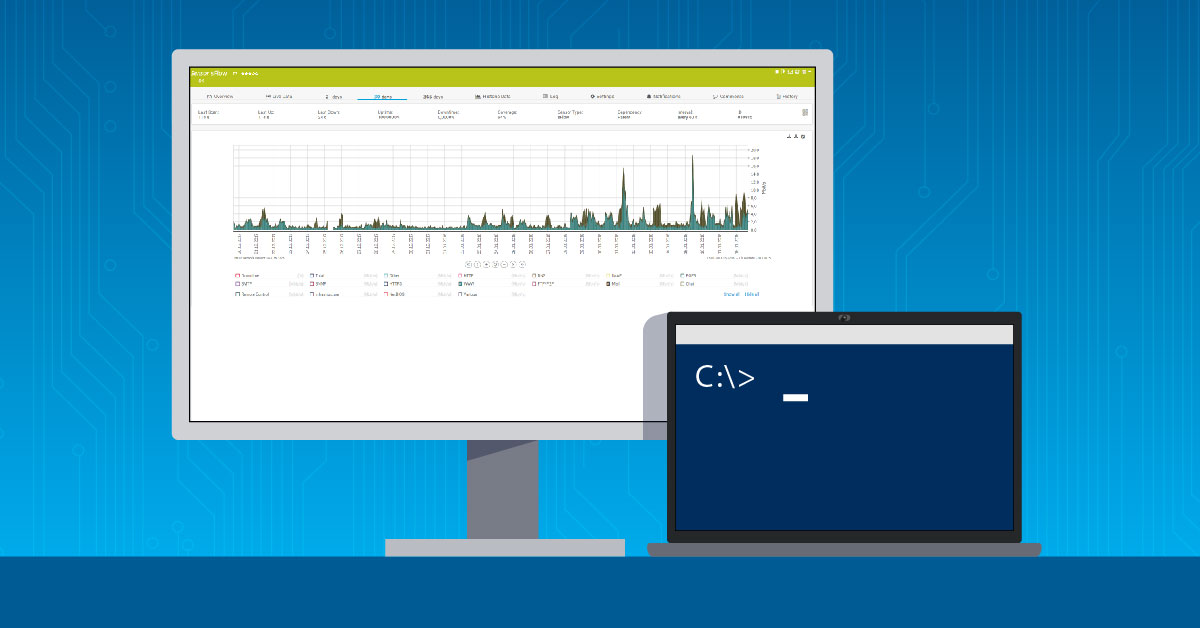
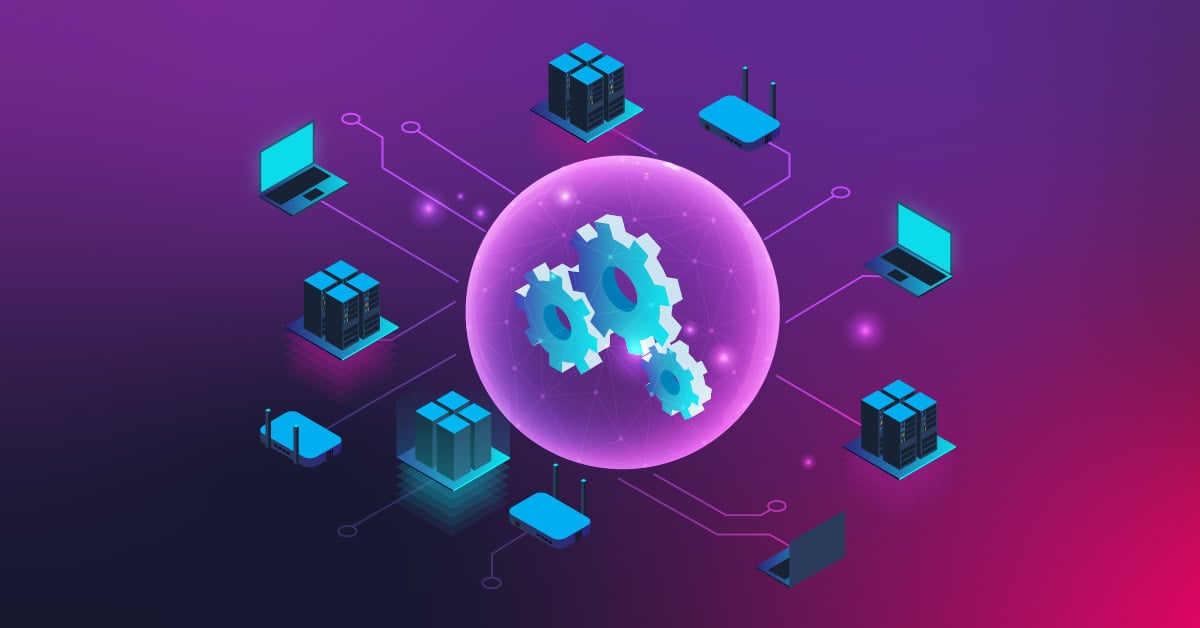
.jpg)
